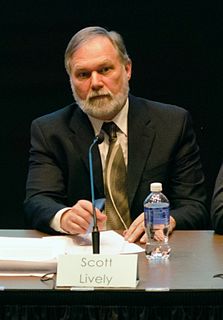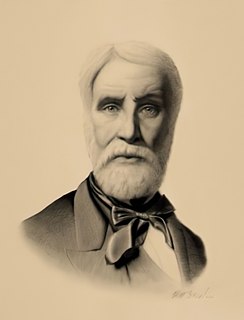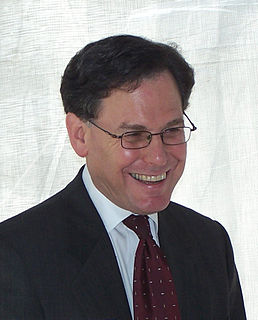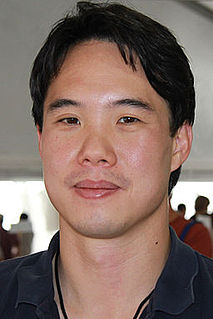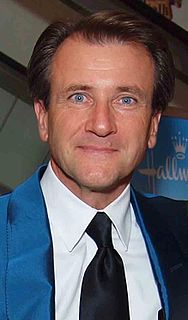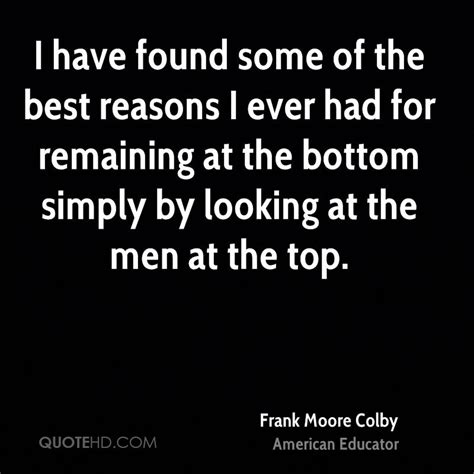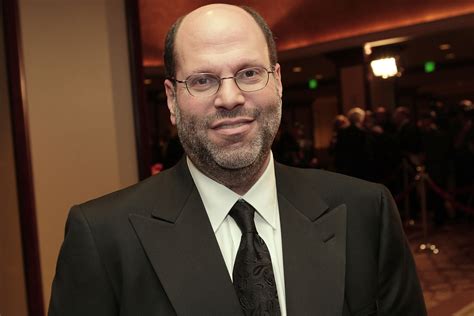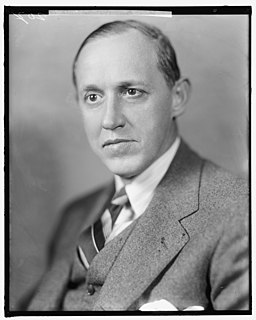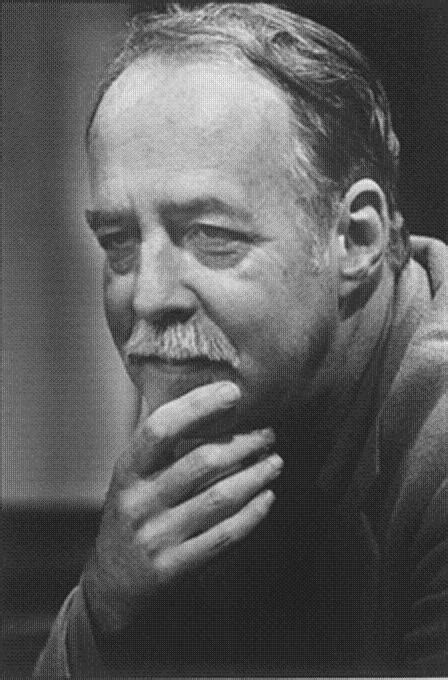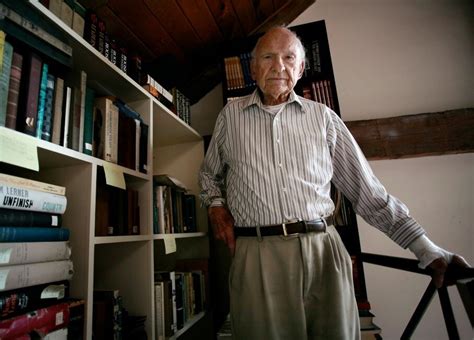Top 1200 Moral Failure Quotes & Sayings - Page 8
Explore popular Moral Failure quotes.
Last updated on December 19, 2024.
Why do we fail? Is it because we are unlucky? Is it because we have not worked very hard? I s it because we have not invoked God's Compassion and Blessings? Is it because God has accepted this failure as an experience He wanted to have in our life? Is it because God has granted this failure to us? Is it because God has willed that we should lose? No! not it is for a different reason that we experience failure. It is for the strengthening of our consciousness that, at times, God grants us defeat.
The failure and the success both believe in their hearts that they have accurately balanced points of view, the success because he's succeeded, and the failure because he's failed. The successful man tells his son to profit by his father's good fortune, and the failure tells his son to profit by his father's mistakes.
Although a person acting under authority performs actions that seem to violate standards of conscience, it would not be true to say that he loses his moral sense. Instead, it acquires a radically different focus. He does not respond with a moral sentiment to the actions he performs. Rather, his moral concern now shifts to a consideration of how well he is living up to the expectations that the authority has of him.
An important advance in the life of a people is the transformation of the religion of fear into the moral religion. But one must avoid the prejudice that regards the religions of primitive peoples as pure fear religions and those of the civilized races as pure moral religions. All are mixed forms, though the moral element predominates in the higher levels of social life. Common to all these types is the anthropomorphic character of the idea of God.
"Teachers"... treat students neither coercively nor instrumentally but as joint seekers of truth and of mutual actualization. They help students define moral values not by imposing their own moralities on them but by positing situations that pose hard moral choices and then encouraging conflict and debate. They seek to help students rise to higher stages of moral reasoning and hence to higher levels of principled judgment.



